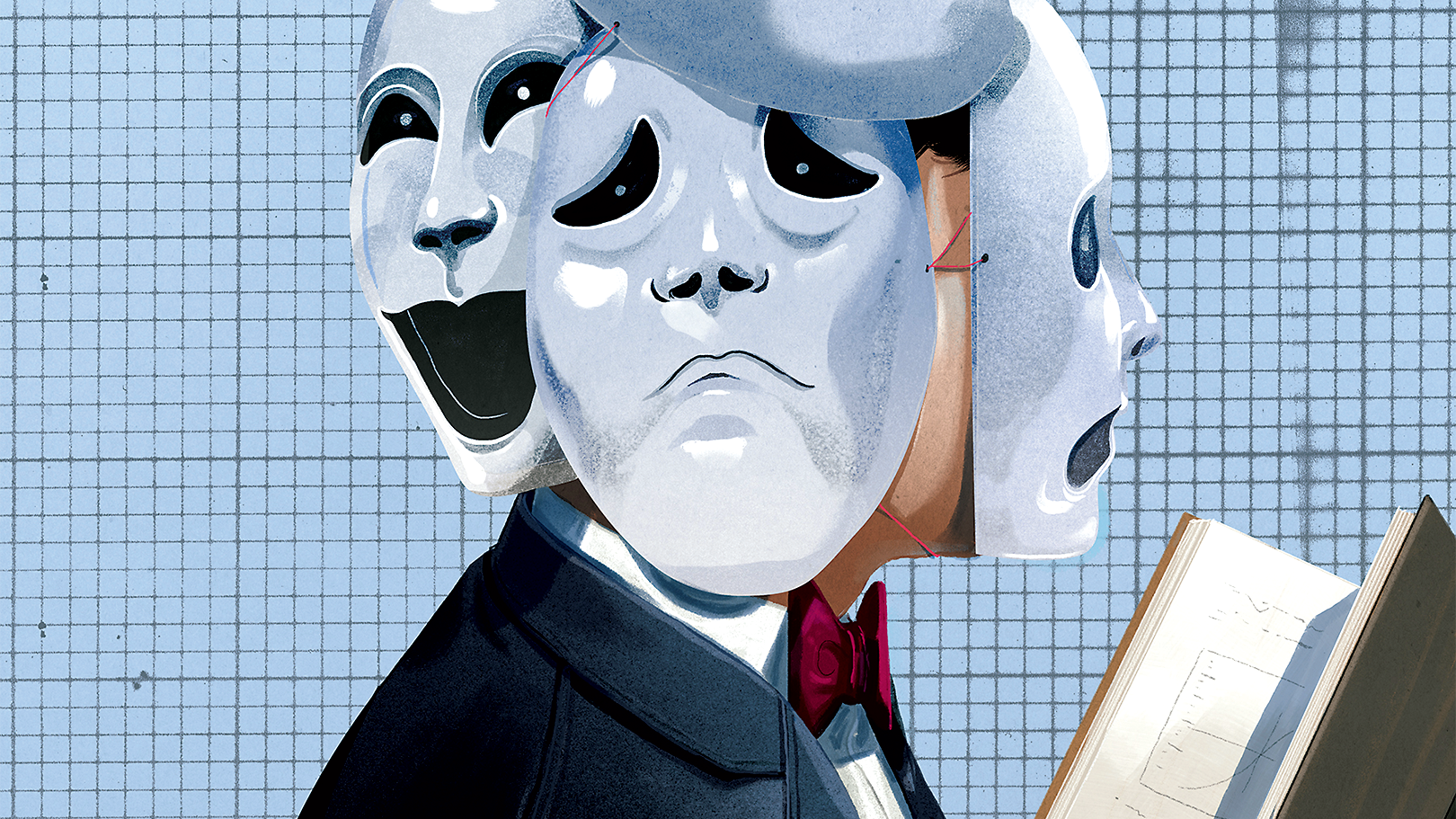Someone gives you $1,000. Put it in your pocket. You then have to pick between two options:
1. A coin flip. If you win, you get another $1,000; if you lose, you get nothing more.
2. An outright gift of $500.
When psychologists tried this on subjects in an experiment, nearly everyone chose option 2, “the sure thing.” Now here’s another choice. Someone gives you $2,000. You then pick between these options:
1. A coin flip. If you win, you lose nothing; if you lose, you pay $1,000.
2. A certain loss of $500.
In this case, nearly everyone chose option 1. In purely mathematical terms, the two scenarios pose identical choices: You walk away with $2,000 at most and $1,500 at least. But in the first, subjects took the sure gain; in the second, they avoided the sure loss. Why?
Daniel Kahneman and Amos Tversky, two brilliant Israeli psychologists who emigrated to Canada and the United States, respectively, conceived this experiment—one of many that showed how the decisions we make aren’t always rational. Although they weren’t trained economists, they published, in 1979, the fifth-most cited paper in all of economics, “Prospect Theory: An Analysis of Decision Under Risk.” Prospect Theory is a new approach to assessing how people make choices. Those perceptions are clouded by emotional factors, such as a fear of loss, a penchant for falling in love with good stories, and a tendency to be strongly influenced by the way a decision is framed.
The work of Kahneman—who won the Nobel Prize in economics in 2002 and, at age 82, is now an emeritus professor at Princeton—and Tversky, who died in 1996, is having quite a bit of influence in Washington. Now the pair are the subject of The Undoing Project: A Friendship That Changed Our Minds, the new book by Michael Lewis, the author of Moneyball, Liar’s Poker, and other terrific nonfiction.
The framing for Lewis is a tumultuous collaboration resulting in a set of ideas that have, very slowly, become accepted in economics, sociology, and eventually government, where their main advocate was Cass Sunstein, a Harvard Law professor who ran the Office of Information and Regulatory Affairs during President Obama’s first term. Sunstein pushed what he called “choice architecture”—for example, rather than being asked to decide whether to enroll in a 401(k) plan, a decision that requires imagining a far-off future, employees would be enrolled automatically and could opt out if they wanted to.
I ran smack into these ideas when I was an official in the State Department trying to figure out how to fight a pernicious notion: that the US was trying to destroy Islam and replace it with Christianity. What I learned from a Prospect Theory disciple was to forget about refuting the notion directly—by pointing out, for example, that the United States has more than 2,000 mosques or that we saved Muslims in Kuwait—because when it comes to challenging their cherished beliefs, people just aren’t rational. A better approach would be to reframe the issue, take the US out of it entirely, and promote a new narrative—that, for example, the conflict in the Middle East and South Asia was a battle for the soul of Islam.
But does this sort of subtle tweaking of influence still have a place in a government now led by a man who trades in blunt hyperbole? Actually, yes. Lewis puts one big Kahneman-and-Tversky idea this way: “People were blind to logic when it was imbedded in a story.” In other words, storytellers top economists any day—a lesson Donald Trump’s victory teaches.
Jonathan Haidt, a psychologist at NYU who was influenced by Prospect Theory, writes that our fixed beliefs (our “morality,” he calls it) bind us to our own teams—such as political parties—but also blind us to the beneficial offerings of the opposing team. We often make decisions impetuously or through our intuition, and we stick to them, rationalizing our candidates’ positions (even sometimes saying people shouldn’t take them so literally), rather than analyzing and rejecting bad ideas. After all the chatter about Trump being out of the GOP mainstream, he still received about nine of ten Republican votes.
In The Undoing Project, Lewis does his usual wonderful job of clarifying difficult concepts by telling good stories—though the Kahneman/Tversky relationship isn’t as compelling as, say, the tale of the adoption of homeless boy Michael Oher in Lewis’s The Blind Side or the eccentric physician-investor Michael Burry’s perseverance in The Big Short. It’s annoying, too, that a book like this doesn’t have an index or even many endnotes.
Read Lewis’s book, yes, but for a more concentrated explication of Prospect Theory, read Kahneman’s Thinking, Fast and Slow, along with Sunstein’s Nudge: Improving Decisions About Health, Wealth, and Happiness, written with behavioral economist Richard H. Thaler.
We didn’t build this city on rock ’n’ roll. We built Washington on logic and history, but we’re waking up to the big idea that policymakers and the public aren’t really so rational. It turns out that people respond, at first blush, with intuition and passion. Then, if we’re lucky, reason comes along to repair some of the damage.
This article appears in the March 2017 issue of Washingtonian.



















